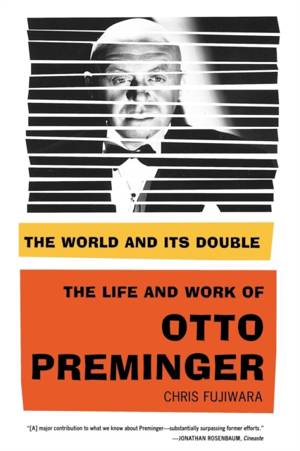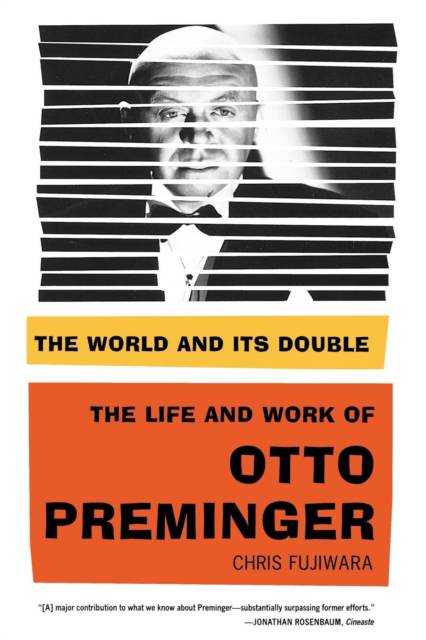
- Afhalen na 1 uur in een winkel met voorraad
- Gratis thuislevering in België vanaf € 30
- Ruim aanbod met 7 miljoen producten
- Afhalen na 1 uur in een winkel met voorraad
- Gratis thuislevering in België vanaf € 30
- Ruim aanbod met 7 miljoen producten
Zoeken
Omschrijving
Otto Preminger was one of Hollywood's first truly independent producer-directors. He sought to address the major social, political, and historical questions of his time in films designed to appeal to a wide public. Blazing a trail in the examination of controversial issues such as drug addiction (The Man with the Golden Arm) and homosexuality (Advise & Consent) and in the frank, sophisticated treatment of adult material (Anatomy of a Murder), Preminger broke the censorship of the Hollywood Production Code and the blacklist. He also made some of Hollywood's most enduring film noir classics, including Laura and Fallen Angel. More than anyone else, Preminger represented the transition from the Hollywood of the studios to the decentralized, wheeling-and-dealing New Hollywood of today. Chris Fujiwara's "studious, informative, often astutely argued" (Gerald Peary, The Phoenix) biography follows Preminger throughout his varied career, penetrating his carefully constructed public persona and revealing the many layers of his work.
Specificaties
Betrokkenen
- Auteur(s):
- Uitgeverij:
Inhoud
- Aantal bladzijden:
- 496
- Taal:
- Engels
Eigenschappen
- Productcode (EAN):
- 9780865479951
- Verschijningsdatum:
- 3/03/2009
- Uitvoering:
- Paperback
- Formaat:
- Trade paperback (VS)
- Afmetingen:
- 152 mm x 229 mm
- Gewicht:
- 771 g

Alleen bij Standaard Boekhandel
+ 88 punten op je klantenkaart van Standaard Boekhandel
Beoordelingen
We publiceren alleen reviews die voldoen aan de voorwaarden voor reviews. Bekijk onze voorwaarden voor reviews.











